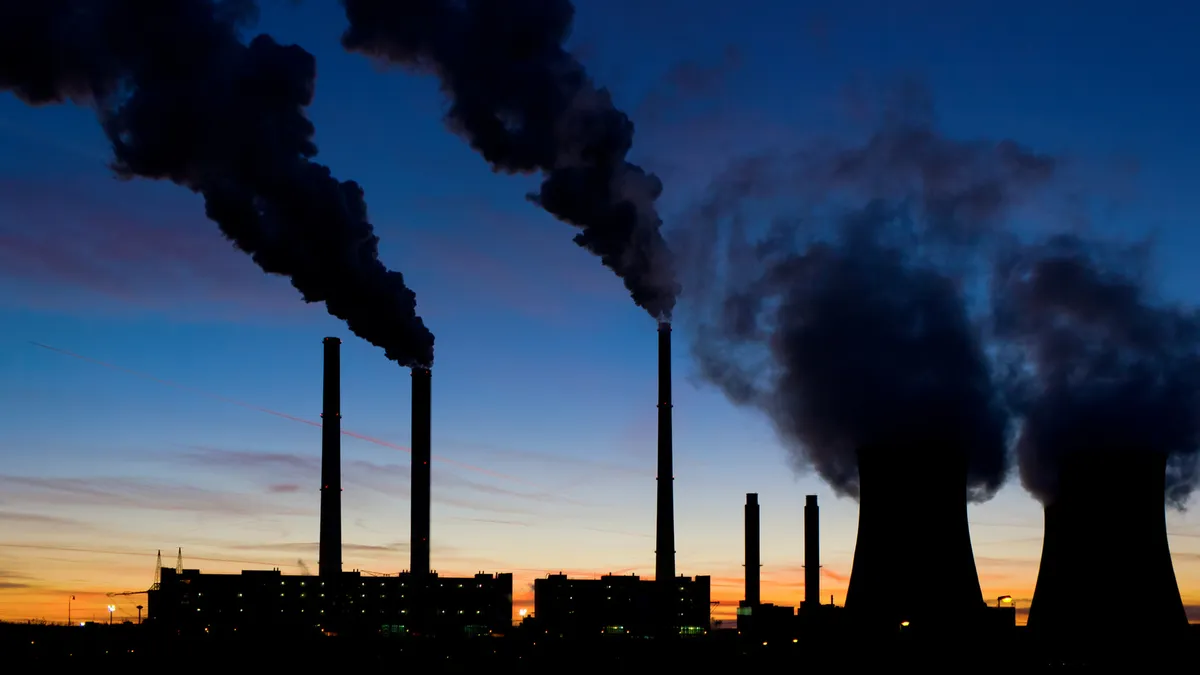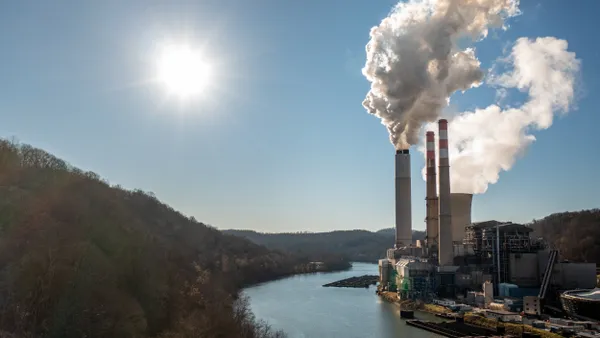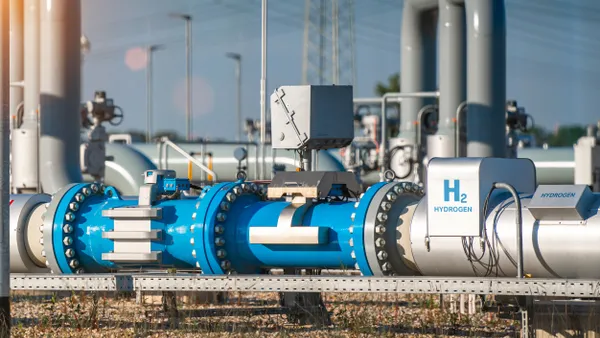Dive Brief:
-
The Washington Utilities and Transportation Commission (UTC) and Washington State Department of Commerce announced Tuesday that they adopted rules in late December to guide implementation of the state's 2019 Clean Energy Transformation Act.
-
Under the law, electric utilities in Washington must eliminate coal-fired power by 2025, achieve carbon neutrality by 2030, and source 100% of their energy from renewable or non-carbon emitting sources by 2045.
-
While Washington utilities and environmental groups welcomed the overarching goals presented by the rules, disagreement about specifics remains. "We have an opportunity to finally account for climate impacts in electricity planning and acquisition of new resources," Doug Howell, a senior campaign representative in Seattle for the Sierra Club's Beyond Coal Campaign, said in an email. "How we deal with this in electricity will hopefully end up applying to other sectors, [which] is why it is so important to get it right."
Dive Insight:
Washington state agencies and utilities are ringing in the New Year with a new set of guidelines for implementing the state's decarbonization goals.
In addition to guiding utilities toward CETA's clean energy targets, the rules establish requirements for providing energy assistance to low-income customers and provisions to incentivize job creation, as well as addressing utility planning and acquisition processes.
While Spencer Hall, a spokesperson for Pacific Power, said the company "looks forward to working with the commission and stakeholders in the years ahead as we iterate our robust, six-state resource planning process in response to those targets," he said they also remain "concerned about the impacts of these rules, particularly on market participation, low-income energy assistance needs and reporting, as well as energy storage, transmission, and clean energy transformation projects."
The new rules require utilities to conduct community outreach among minority-owned businesses during their purchasing processes, and to integrate the consideration of both energy and non-energy burdens to impacted communities. They also require utilities to create advisory groups to address questions of equity and reducing harm to overburdened communities during the clean energy transition.
The rules also outline requirements utilities must follow if they need to delay their progress toward decarbonization due to costs, a provision allowed by CETA. Utilities can adopt an incremental cost provision allowing them to demonstrate compliance if they achieve a certain level of spending.
This provision led to objections by UTC Commissioner Jay Balasbas, who refused to sign the final order adopting the rules out of concern that they could result in significant rate increases. However, the majority of the commission felt the rules appropriately strike "the balance between giving the utilities enough room to make the required changes while restraining unfettered spending," UTC said in a Jan. 5 statement.
Howell, of the Sierra Club, also expressed concern that the new rules, unless modified, could potentially provide an "off ramp to compliance."
But for the Sierra Club, Howell said the main objection is the continued used of a standardized "social cost of carbon," which CETA requires utilities to integrate into resource planning activities.
"The fundamental issue around how to apply the social cost of carbon is whether it is a fixed cost or a variable cost," Howell said. "We adamantly assert that it is a variable cost. Fuel is always a variable cost, and the social cost of carbon is only a function of whether and how much fossil fuel is burned. We see this distortion of economic reality as a dangerous precedent."













